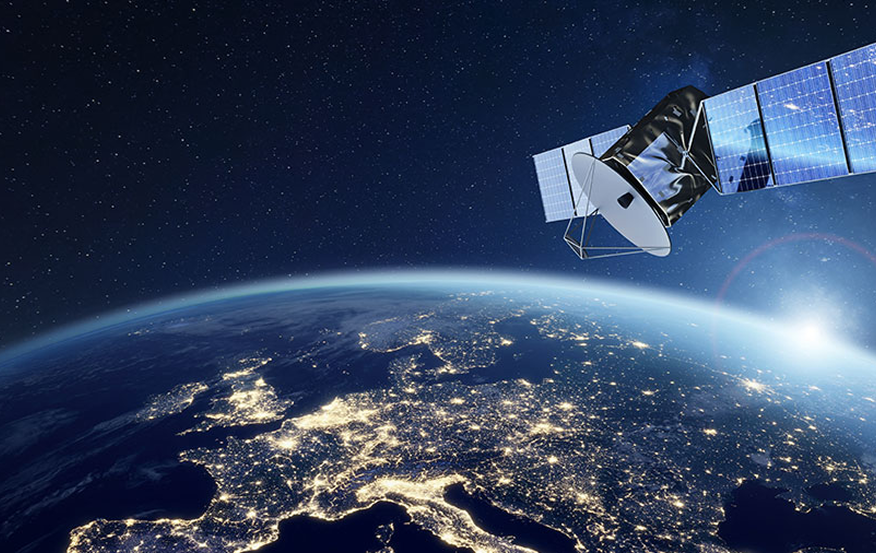Startups and private companies in the UK are increasingly involved in the development of commercial space services, such as satellite launches, space tourism, and in-orbit servicing. This entrepreneurial spirit strengthens the national space ecosystem, providing opportunities for research, investment, and international collaboration.
Advertising
7. Training and Education
Education and training play a crucial role in sustaining the UK’s contribution to space exploration. Universities, technical colleges, and research institutes offer programs in aerospace engineering, astrophysics, robotics, and satellite technology. These programs equip students with the skills necessary to design, develop, and operate advanced space systems.
Outreach initiatives and public engagement programs foster interest in space science among young people, encouraging future generations to pursue careers in STEM fields. By nurturing talent, the UK ensures a continuous pipeline of skilled professionals who can contribute to both national and international space endeavors.
8. Future Prospects
Looking ahead, the United Kingdom aims to expand its role in space exploration through ambitious national strategies and international partnerships. Plans include the development of launch capabilities, investment in satellite constellations, and participation in missions to the Moon, Mars, and beyond.
Emerging technologies such as artificial intelligence, robotics, and quantum communication are expected to enhance the UK’s contribution to space research. Investment in innovation hubs and commercial ventures will further strengthen the country’s position as a leading player in both scientific discovery and practical space applications.
9. Challenges and Opportunities
While the UK has achieved notable success in space exploration, challenges remain. Competition from other countries, budget constraints, regulatory hurdles, and technological complexity require careful planning and strategic investment.
However, these challenges are accompanied by significant opportunities. Collaboration with international agencies, the growth of the private space sector, and advances in technology provide the UK with the potential to expand its influence in space science and industry. By focusing on innovation, education, and strategic partnerships, the UK can continue to contribute meaningfully to global space exploration.
10. Conclusion
The United Kingdom’s contribution to space exploration reflects a combination of scientific excellence, technological innovation, and international collaboration. From satellite technology and Earth observation to astrophysics and commercial space ventures, the UK has demonstrated both expertise and ambition in the field.
By investing in research, nurturing talent, and embracing new technologies, Britain continues to play an important role in understanding the universe and developing practical applications that benefit society. The country’s achievements in space exploration not only advance knowledge of the cosmos but also strengthen the UK’s position as a leader in science, innovation, and global collaboration.
